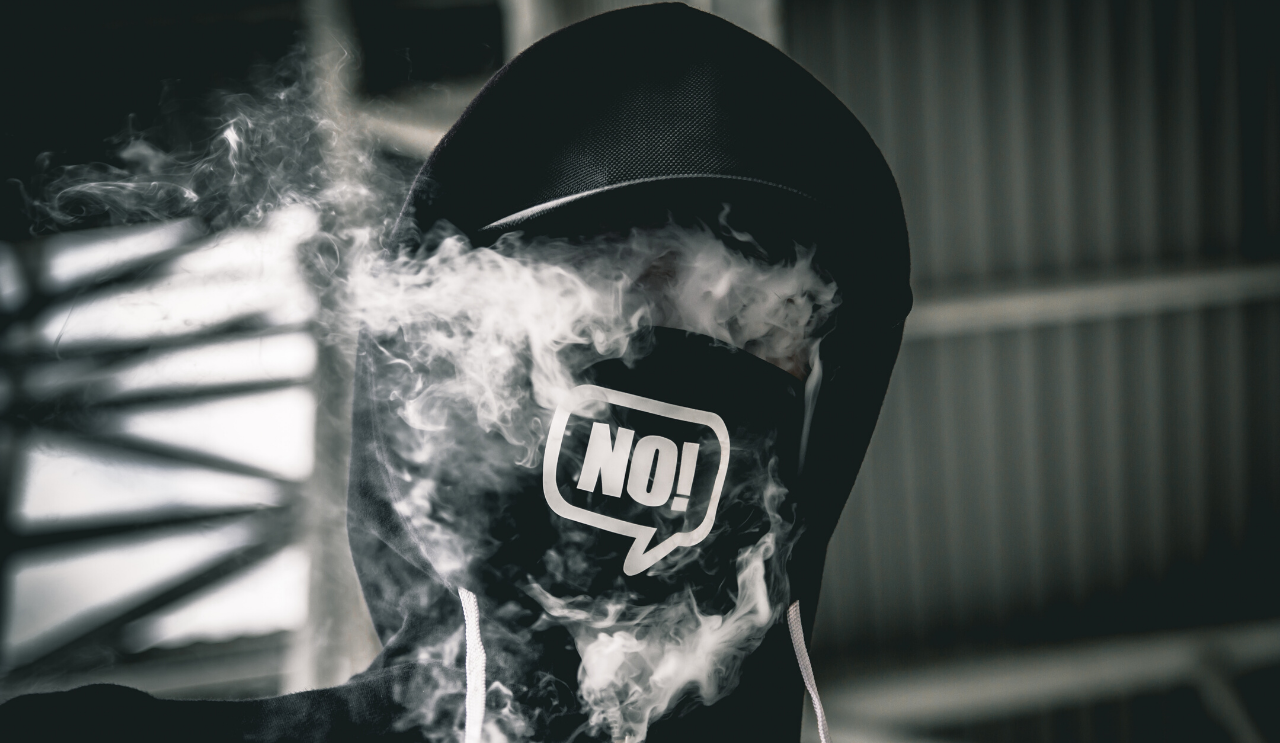What to Know About the Latest Anti-Vaping Hype
Published by Denise McKenzie on Jan 15th 2020

The media has been blowing up the last couple weeks attributing vaping with recent deaths and serious lung illnesses. Upon investigation, new reports show that it is not the process of vaping that poses the risk, but what people inhale when they vape.
Every newspaper and network across the nation is reporting regurgitated versions of a great vape scare, pointing fingers at industry leaders for falsely advertising a safer alternative to smoking.
We do agree that people should take precautions while the cause of the illnesses is pinpointed. At the same time, vaping should not be blamed for bootleg cartridges being sold on the black market.
Let’s take a moment to review why people turned to vaping in the first place.
What is vaporization and why is it better than combustion?
Vaporization is the process of heating without burning the material being used. The plant or concentrate is gently warmed and delivered as a vapor mist. Often, temperatures can be lowered for a smoother experience. You typically get a tastier hit and do not experience the harsh side effects of inhaling smoke.
Combustion happens when you take a flame to and directly ignite the plant matter. This releases harmful chemicals and carbon in high quantities and high heat levels. Not to mention the soot and ash that is released in the air, which is bad for those exposed to second-hand smoke and the environment in general.
Vaporization has become the #1 alternative to traditional smoking. It is generally accepted as a better option when it is made and used with safe and regulated materials. Many people would without hesitation say that vaping helped them stop smoking.
So, what’s the problem? Why so many lung-related illnesses?
Currently, the black market is flooded with bootleg cartridges containing THC and/or CBD oils. People are setting up shop, filling their own tanks and passing them off as the real deal, even going as far as to counterfeit well-known brands sold legally. Instead, the knockoffs are sold on the street, or even to some stores for a much cheaper price.
Without regulation, it is impossible to know exactly what manufacturers are putting in the cartridges and it is a very dangerous gamble.
For example, Vitamin E acetate has been found in most of the recently analyzed THC cartridges, including brands like Dank Vapes and Chronic carts. Vitamin E oils are being used as filler in the mixing process. It’s very toxic, especially in the quantities being found in the tanks.
The same goes for some CBD cartridges. Recent investigations have tested suspicious CBD oils and show that nearly a third of these tanks contain no CBD at all, but do contain other dangerous materials.
Even nicotine e-cigarettes are getting lumped with the chaos of the vaping scare, even though most of these harmful vaping products being tested are filled with spiked cannabis oil.
How can we minimize risk?
With cannabis and hemp laws progressing differently state-by-state, enforcement has virtually been non-existent. This combined with black market manufacturers cutting corners by using harmful substances is causing a major health risk. Regulation is a must.
Federal legalization of cannabis would play a major role to speed up the creation of laws in each state. If stores and dispensaries could only purchase and sell regulated, licensed products, the black market will see a major hit. For example, QR codes could be made mandatory for packaging, offering accessible information about ingredients and how the product is made.
The company Green Roads was one of the first major CBD companies to initiate the use of QR codes. The codes are printed on every product and links directly to their website with third party lab reports and other information consumers should know.
If QR codes became a requirement for all packaging, those who do not comply could be hit with a fine or even lose licensing. This would drive more people to the legal retailers selling only clean and tested products, causing a major blow to the black market.
Federal legalization seems so close, but we are not there yet as a nation. It could take years for that to happen and for regulations to even be enforced.
What can we do now?
Until federal and state regulations are enforced, sellers and end-users must work together to squash the infiltration of black market vape products by not purchasing them.
- No matter what kind of oil-vaping product you intend to purchase, only source it from a trusted manufacturer or distributor (or retailer, if you are a consumer).
- Don’t buy products off the street.
- Be suspicious of significantly less expensive product that looks like a name brand you know.
- Be sure to inspect packaging and ask for lab test reports and ingredients lists.
- Stick to the brands that are transparent about the materials they use and processing.

